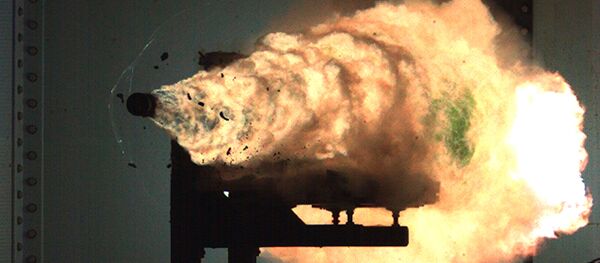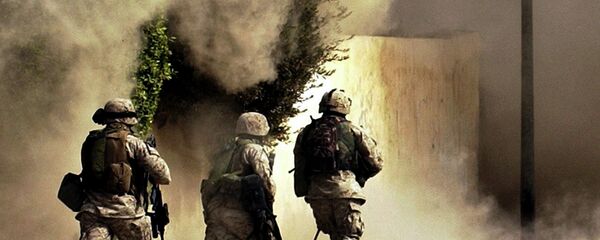Indian Prime Minister Narendra Modi is scheduled to speak before a joint session of the US Congress on Wednesday, before what pundits expect will be a favorable audience, underlining a sea change in New Delhi’s foreign policy after holding out for decades from publicly aligning with the United States.
The sometimes-controversial leader from the ultraconservative Bhartiya Janata Party (BJP), that has been linked in recent years to atrocities against the country’s substantial Muslim minority — including the 2002 Gujarat massacre that displaced 200,000 residents — has nonetheless found a welcoming ally in the United States, based on mutual interests including containing the influence of China.
The Obama administration has gone to great pains to curry favor with New Delhi as part of America’s geopolitical containment strategy toward Beijing, dispatching US Defense Secretary Ashton Carter to New Delhi twice recently to encourage an expanded military alliance between the two trade partners.
Former State Department official, Ashley Tellis, who now works with the Carnegie Endowment, calls Modi’s visit "a culmination of what Obama has tried to do since he came into office."
"Executive branch to executive branch – that is a dramatic transformation where the US today sees India as a security partner of choice in the broader Indo-Pacific region," explained Tellis.
The US-Indian defense relationship risked stalling at several key junctures, including after the Pokhran-II nuclear test in 1998, and in the wake of the US invasion of Afghanistan, which saw Washington often partnering with India’s arch-nemesis Pakistan, in an effort to counter terror activities.
"This is one of the biggest, fastest moving defense relationships in the world, period," said Clinton-era ambassador to India Frank Wisner. "We have an interest in an India that is robustly armed. India is not a predatory power, and she is big enough and important enough that she helps anchor the balance of power in Asia. A good relationship with India is part of a good relationship with China."
India’s relationship with rival China, however, has strained in recent years, with New Delhi viewing Beijing’s incursions into the South China Sea as a threat to their maritime trade, while Chinese President Xi Jinping rightfully feels threatened by the frantic efforts by US officials to develop coalitions in China’s backyard.
The policy of Chinese containment by the US appears set to enter a new era on Wednesday, with the goodwill appearance before Congress expected to grease the wheels for expanded military and defense contracts between the two nations.
Already, Modi has moved to amend India’s contracting criteria to provide Lockheed Martin and Boeing the inside track to develop New Delhi’s next-generation fighter jet – the F-16V and the F/A-18.




